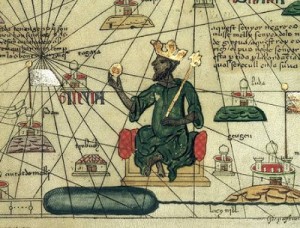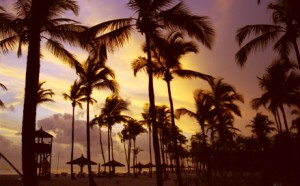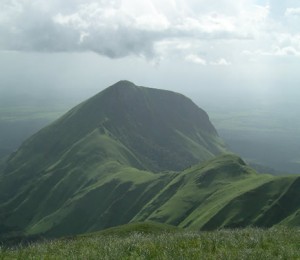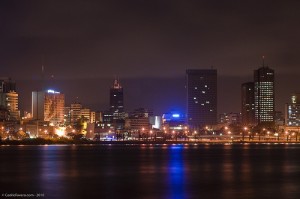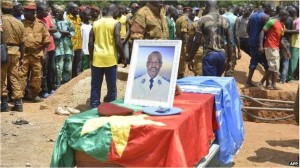
Each country has its own positive things. They can be anything: society, politics, culture, art and music. These positive things play a big role in shaping up the country. They do not have to be famous, but they hold the value of the people and the country. For Ivory Coast, I think that the most positive thing about this country a game of sport, called soccer.
If you asked everybody who watches soccer about national soccer teams in Africa, they all would know about how good Ivory Coast national soccer team is. Soccer is a major sport in Ivory Coast, and there are soccer fields existed in every town and villages in Ivory Coast. The Ivory Coast national soccer team is controlled by the Federation Ivoirienne de Football or FIF. Moreover, Ivorian national soccer team, also known as “The Elephant”, is always famous in its continent, but it is known worldwide after it qualified for the 2006 World Cup in Germany.
The Elephant has an impressive record in African Cup of Nation. The team captured fourth place in 1970 and 2008, third place in 1965, 1968, 1986, and 1994, second place in 2006 and 2012, and it won the cup in 1992 against Ghana on penalties at the Stade Leopold Senghor in Dakar, Senegal. Other than that, it captured fourth place in FIFA Confederation Cup in 1992. Most importantly, Ivorian national soccer team has qualified for three consecutive World Cups, first in Germany in 2006, second in South Africa in 2010, and lastly in Brazil in 2014. Unfortunately, they have never moved on from the group stage. Nevertheless, the Elephant has produced many world class soccer players; for example, Didier Drogba who is now playing for Chelsea Football Club in Barclay Premiere League in England, Yaya Toure who is now playing for Manchester City Football Club in the same league with Drogba, and Gervinho who is now playing for Associazione Sportiva Roma in Serie A in Italy. In national ranking, Ivory Coast is ranked 25th in the world, higher than Russia, Sweden, and Poland; furthermore, it is ranked 2nd in Africa. Ivorian national soccer team once was ranked 12th in the world in 2013, which is the highest ranking it has ever gotten.
For the Ivorian, soccer is more than just a sport. In 2002, the First Ivorian Civil War began. The Ivorian split into two sides; the rebel held Muslim North and the government held Christian South. There were raids and hostile attacks on foreign troops and civilians. This conflict came to an end, thanks to the Ivorian national soccer team that qualified for the 2006 World Cups in Germany. This qualification of the team led to the temporary truce between the two sides, which decrease the tension between the two parties. Moreover, this truce led to a peace agreement to end the conflict, which was signed on 4 March 2007.
I think that it is a wonderful thing that a game of sport can bring people from the entire nation to come together and stop the violence. I always know that Ivory Coast soccer is the best in its continent, and the knowledge that it also brought truce between the two sides in the First Ivorian Civil War amazed me even more. This teaches me that little group of people, uninvolved with politics or religions, can bring peace to the whole nation. More importantly, this makes me change my thought toward this country and the game of soccer. It makes me want to learn more of how this game will shape Ivory Coast future, as it played a significant role in bringing peace to the country in 2006. Remember, sport is much more than just a game.


